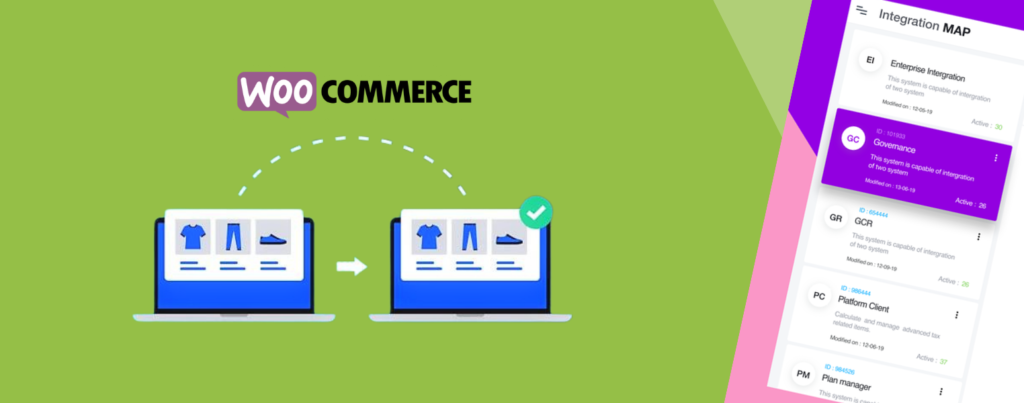
In the realm of e-commerce platforms, choosing the right one for your business involves meticulous consideration. Both WooCommerce and Shopify have their merits and drawbacks, prompting the crucial question: which is the perfect fit for your business?
Unveiling WooCommerce’s Challenges:
- Sluggish Performance:
- WooCommerce, embedded in WordPress, may suffer from sluggishness, potentially hindering user experience and website loading speed.
- Separate Hosting Purchase:
- Despite being open source, WooCommerce necessitates separate hosting purchases, potentially escalating costs as your business expands.
- Scaling Hurdles:
- Scaling with WooCommerce becomes progressively challenging as your business evolves, particularly when incorporating additional features and products.
- Customization Constraints:
- Despite its open-source nature, WooCommerce imposes limitations on customization compared to alternative e-commerce solutions.
- Limited Suitability for Large Enterprises:
- Tailored for small businesses and startups, WooCommerce might not meet the intricate needs of large enterprises with expansive inventories.
- Customer Service Shortcomings:
- WooCommerce’s customer service may fall short, requiring reliance on third-party vendors for comprehensive assistance.
The Merits of Transitioning from WooCommerce to Shopify:
- Unified Platform:
- Shopify consolidates all necessary features under one roof, eliminating the need for separate hosting purchases or account management.
- Abundant Customization Options:
- Shopify offers an extensive array of customization options, enabling you to craft a store precisely to your preferences.
- Speed and Responsiveness:
- Shopify stands out for its speed and responsiveness, surpassing many other e-commerce solutions and optimized for mobile devices to broaden your customer reach.
- Seamless Scalability:
- Shopify simplifies scaling with user-friendly tools, allowing effortless addition of products and customization as your business expands.
- Enhanced Security Measures:
- Shopify incorporates additional security features such as two-factor authentication, secure checkout, and fraud prevention, ensuring the safety of your customers’ data.
- Exceptional Customer Service:
- Shopify excels in customer service, providing swift responses to queries through diverse support channels, including online chat and phone support.
Both platforms present distinct advantages and disadvantages. The decision to migrate hinges on aligning with your business needs. Take the necessary time to evaluate the nuanced pros and cons of each platform before reaching a decision.
In Conclusion
The question of migrating from WooCommerce to Shopify lacks a one-size-fits-all answer. It inherently depends on your unique business needs and preferences. If you seek an easy-to-use platform with built-in features, Shopify emerges as a promising choice.